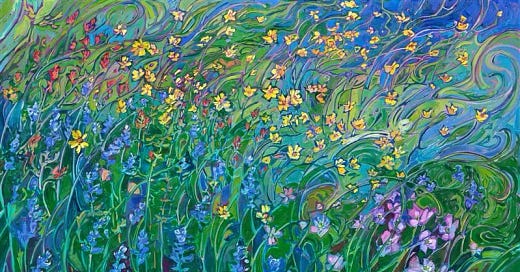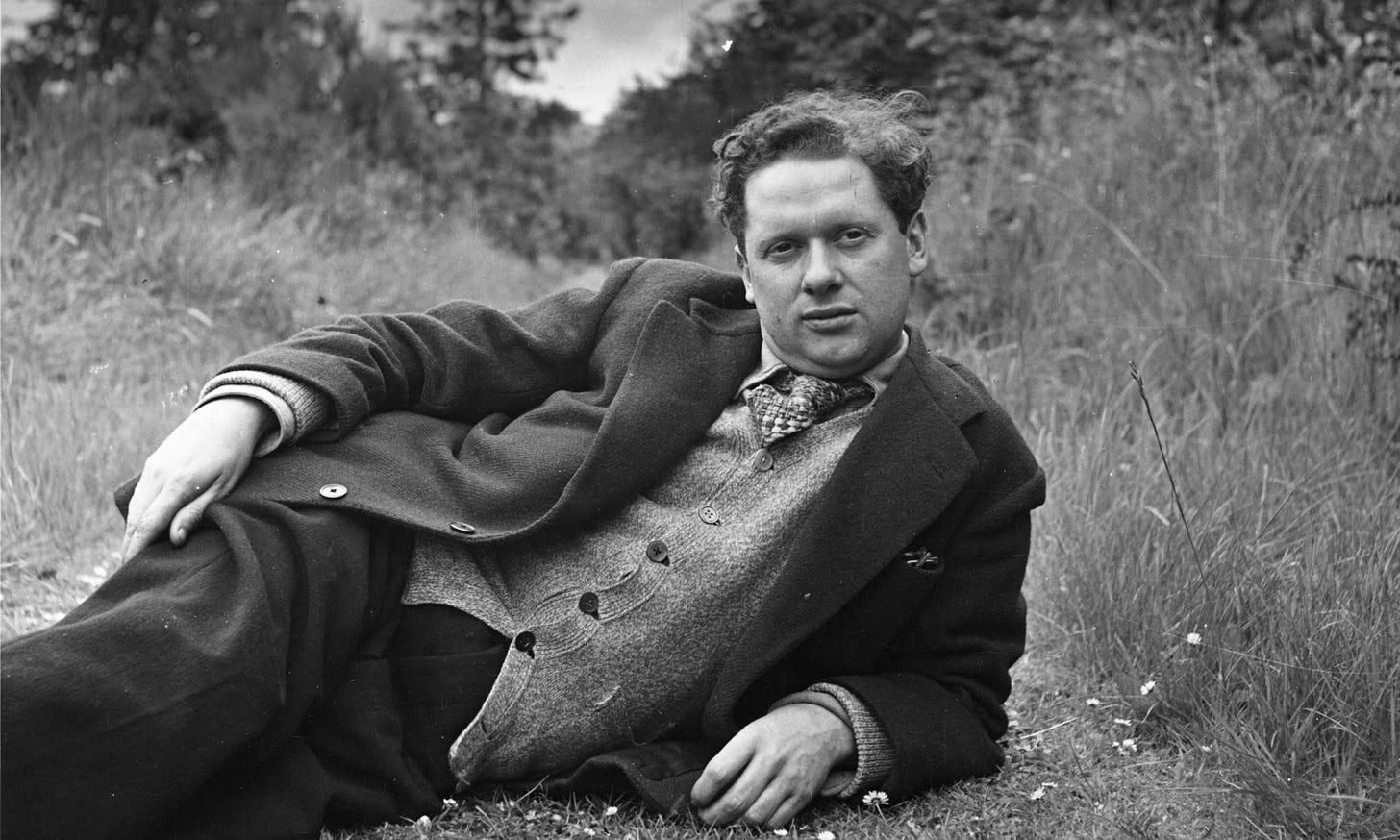The force that through the green fuse drives the flower
By Dylan Thomas1
The force that through the green fuse drives the flower Drives my green age; that blasts the roots of trees Is my destroyer. And I am dumb to tell the crooked rose My youth is bent by the same wintry fever. The force that drives the water through the rocks Drives my red blood; that dries the mouthing streams Turns mine to wax. And I am dumb to mouth unto my veins How at the mountain spring the same mouth sucks. The hand that whirls the water in the pool Stirs the quicksand; that ropes the blowing wind Hauls my shroud sail. And I am dumb to tell the hanging man How of my clay is made the hangman's lime. The lips of time leech to the fountain head; Love drips and gathers, but the fallen blood Shall calm her sores. And I am dumb to tell a weather's wind How time has ticked a heaven round the stars. And I am dumb to tell the lover's tomb How at my sheet goes the same crooked worm.
Seamus Heaney criticizes the “redundancy” within Dylan Thomas poems.2 He believed that the initial power Thomas captures in his poem eventually descends into a clever turn of phrase instead of maturing into serious poetic moment. Early Thomas in particular fails to suffer these “growing pains” that are inherent to life and to the poet. Instead, Thomas becomes intoxicated with the rhyming and wit of poetry—a skill that he mastered to be fair. In today’s poem, Thomas is still a young poet. While these “growing pains” might plateau in a poem like “The force that through the green fuse drives the flower,” what he does achieve is an incredible defense of the act of creation.
To create something is to bring about a start, to be the first mover. Yet, what Thomas is beginning here seems not to be life but to be death. It’s a somewhat morbid thought. And so the natural questions are: what is this death? and why does Thomas birth death instead of life? We learn early on in the poem that life is the destroyer. And it is not simply life but the progression of life—the doing of living—through time.
Thomas says, “…Drives my green age; that blasts the roots of trees / Is my destroyer.” The force that is driving his youth—the potential actualized—leads to the destruction of Thomas as well as the natural world. It’s a mysterious “force.” It drives water through rock, which harkens back to the Biblical narrative of Moses leading his people through the wilderness. Moses brings water (life) out of the rock to save the Israelites, prefiguring the true salvation that Christ brought. Time, then, is the most powerful force in Thomas’ world. It creates the pathways which life flows through. Nature and mankind are powerless before this destroyer. Time is the God in this world. Thomas ends each stanza with, “And I am dumb…” reinforcing the helplessness, the foolishness to fight against this power.
Dylan Thomas loungingThe irony is that the greatness of this poem rests in Thomas’ insistence upon the creation act. If the great destroyer is the forward march of time, and there is nothing that anyone can do about it; then why continue creating? Thomas shows his wit with his answer: “And I am dumb to tell the lover’s womb / How at my sheet goes the same crooked worm.” There are certainly sexual undertones in this line, but the beauty lies in his admittance of his helplessness to stop the act of creation. It is inevitable. Time finds a rival in creation and together they create a balanced cycle. He’s helpless to stop the destroyer, but he’s also helpless to stop the act of creation.
Heaney prefers the gravity of “Do not go gentle into that good night” to this poem’s “redundancy”, and I am in no place to disagree with a poet greater than I ever will be. However, I think that this Thomas poem drips with an infectious youth, and while he might be naive to the seasoned hardships of life, there’s something wholesome in its fervent desire to live and to go on living. Even the almost feral final lines screams of a desire for life; a kind of courage that’s baked into youth. Courage that can make a boy walk up to a girl and ask her out on a date. And courage that leads to the greatest lessons in life. In that courage, I think there’s a certain honesty. More than that, there is a blind hope in “The force that through the green fuse drives the flower” that brings a reassuring smile to my face, and I hope it does the same to yours.
Poem comes from Collected Poems, Dylan Thomas.
From Seamus Heaney’s essay “Dylan the Durable: On Dylan Thomas.”





